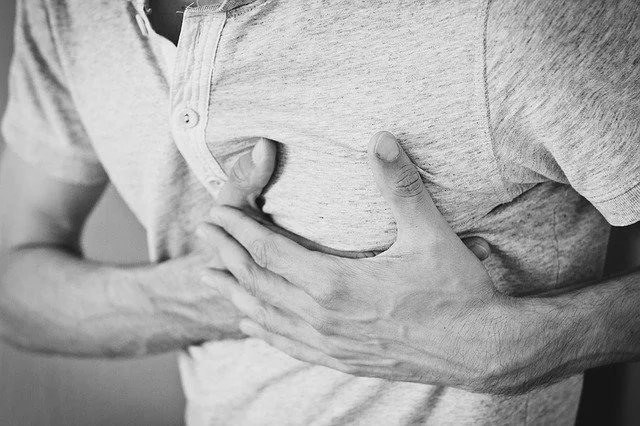Heart attack remains the leading cause of death worldwide. More than 700,000 people die every year due to heart problems alone. Worst of all, most of these deaths could have been prevented with timely medical intervention.
Even more than that – the usual prevention. Our body warns of future problems of its main organ with special signals. Unfortunately, few people pay attention to them. We will tell you about the most important symptoms of an imminent heart attack, which will begin in about a month. Take care of yourself.
Excessive sweating
Unusually increased sweating is an early warning sign of a heart attack. This can happen at any time of the day or night.
In addition, you may experience flu-like symptoms up to temperature spikes. If your sheets become damp in the morning, you should see a doctor, although you do not have a cold.
Stomach ache
Abdominal pain, whether you are eating or not, can signal serious problems. Nausea and bloating are also some of the most common symptoms of a near heart attack.
Before the very heart attack, stomach pains will be short-term and repetitive. If you feel something like that, call an ambulance immediately.
Baldness
Strange but true: sudden and dramatic baldness is an external indicator of a high risk of heart disease. Most often, this symptom occurs in people over 35 years old.
Baldness is also associated with elevated levels of the hormone cortisol caused by constant stress. As you understand, nothing good can be expected from a damaged nervous system.
Arrhythmia and tachycardia
Perhaps the most obvious sign of imminent heart trouble. Arrhythmia (irregular heartbeat) or tachycardia (increased heart rate) is usually accompanied by a sudden panic attack.
If the attack is close, then the arrhythmia continues for two to three minutes. Fatigue builds up, dizzy.
Dyspnea
Shortness of breath and shortness of breath begin about 6 months before a heart attack. Many do not notice this warning sign, attributing shortness of breath to lack of exercise or, conversely, to overwork.
Pay attention to your breathing. If you experience shortness of breath for a long time, then at least an appointment with a doctor is worth going to.
